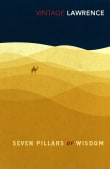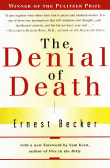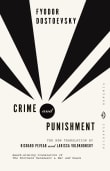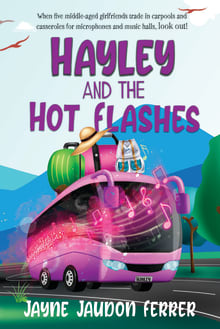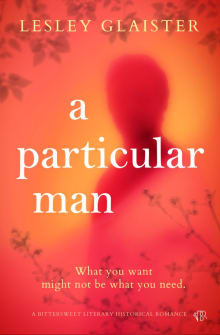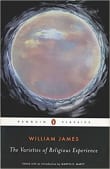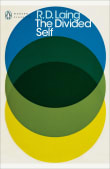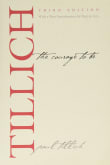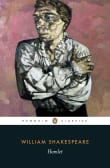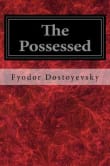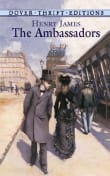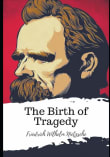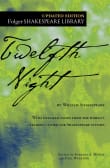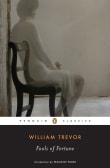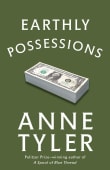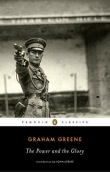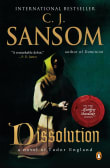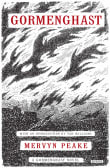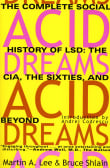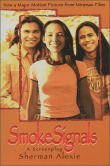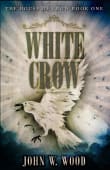The Great Gatsby
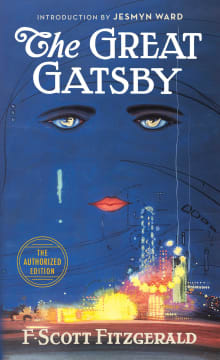
Book description
As the summer unfolds, Nick is drawn into Gatsby's world of luxury cars, speedboats and extravagant parties. But the more he hears about Gatsby - even from what Gatsby himself tells him - the less he seems to believe. Did he really go to Oxford University? Was Gatsby a hero…
Why read it?
25 authors picked The Great Gatsby as one of their favorite books. Why do they recommend it?

Everybody loves this book because it, of course, has become an international classic of literature and one of the best works F. Scott Fitzgerald wrote, which takes the reader on a time-traveling secretive world of the upper-class set in New England life in the 1920s.
In F. Scott's work, we are casually and comfortably introduced to an America where new money met old money, and the tender tightrope one had to walk in order to vie for position, marriage, and peer acceptance in a world founded on wealth and prestige.
From Gary's list on that will take you into an extraordinary world.

Everybody loves this book because it has become an international classic of literature and one of the best works F. Scott Fitzgerald wrote, which takes the reader on a time-traveling secretive world of the upper-class set in New England life in the 1920s.
In F. Scott's work, we are casually and comfortably introduced to an America where new money met old money and the tender tightrope one had to walk in order to vie for position, marriage, and peer acceptance in a world founded on wealth and prestige.
From Gary's list on characters who have to overcome extreme difficulty and insurmountable odds.
Limited edition: The Great Gatsby

Century Press is pleased to present a special new edition of The Great Gatsby, limited to 500 letterpress printed copies.
- Bound in black, upcycled designer sheepskin leather, letterpress printed on premium cotton paper, and Smyth-sewn for maximum durability.
- Italian, tight-weave, 100% cotton ribbon bookmark.
- Original gold-stamped artwork on the front cover, back cover, and spine by Canadian artist Rachel Moranis.
- New introduction by Canadian Miles Corak, Professor of Economics at the City University of New York and originator of the Great Gatsby Curve.

Although I have often been told I should read this book, I never read it until this year. I thought it was brilliant. I loved Jay Gatsby's complex character. His impossible love for Daisy is beautifully written, and I found it achingly painful.
I loved the exquisite prose and the multi-layered metaphors that Fitzgerald creates, not least the impossibility of the American dream and the invisible barriers of class and money. I am still there, lost in the pages of the novel, with Nick Carraway mourning the loss of Gatsby and puzzling over the phenomenon that he was.
If you love The Great Gatsby...

A book from the 1920s. The Jazz Age. This book will take you back to that age and time. A book about romance, class divide, and the ‘libertine.’
All the people you cheer for will die. And all the people who you don’t want to survive thrive! And yet, when you finish the book, the story will occupy your mind and heart for a long time. That is the impact of this book!
From Shobana's list on classical books that teach you about psychology.

I first read this book when I was twenty-four, late one night at the end of my second year in graduate school, the night before I left to spend the summer in New York. I have read it at least half a dozen times since, and it is like reading something new each time.
It isn’t just that I am reminded again of what it was like in the Jazz Age, a phrase Fitzgerald invented, when life for those rich enough to afford it was a party that lasted all summer and summer, banishing the seasons, lasted all year; it…
From D.W. Buffa's list on facing death and danger.

I find it hard to avoid or even recognize the temptations that are inevitably attached to success. The excesses and immorality of the world he aspires to come back to bite Jay Gatsby when he becomes a victim of the vices he seeks to embrace.
All that glitters is not gold; in fact, gold is an irresistible snare that only those schooled in corruption can avoid. The pages of this book are filled with individual characters that jump off the page, but admirable traits are in short supply. Idealistic, romantic Gatsby himself is as close as we get to a…
From James' list on quest for justice in an unjust world.
If you love F. Scott Fitzgerald...

Some say that Gatsby is a critique of the corruption of the American dream and the careless rapacity of the Jazz Age. Sure. But who cares?
You love Gatsby because it is about the pursuit of a perfect love; the impossible longing to return to a more innocent, blameless past; and the tenderness of a man once Great brought to his knees by fate. It’s also about the guy who watches it all unfold. Nick Carraway, the unreliable narrator who lives in the little house beside Gatsby’s brilliant mansion, gets drawn into the romantic intrigue and reserves judgment as “a…
From David's list on another time and place with interesting company.

Was the hero of F. Scott Fitzgerald’s American classic African-American?
A couple of academics have advanced that theory. I’m not sure I buy it. The notion (and supporting “evidence”) seems little more than a literary parlor game, not to mention the fact that nothing in Fitzgerald’s work or his letters shows a particular engagement with, or sympathy for, black Americans.
Still, it’s an interesting metaphor and the reason this seminal American novel appears in a list of what’s otherwise non-fiction. Gatsby’s yearning for his lost love could be an African-American yearning for a beloved country that does not always love…
From David's list on race in America.

The centenary of what has been called James Joyce's "Great Irish Novel," Ulysess, was in 2022.
I realized then that the centenary of the “Great American Novel,” The Great Gatsby, was looming and further realized that F. Scott Fitzgerald's novel is arguably the “Great Diasporic Irish Novel” too. His father, Edward Fitzgerald, was a Catholic from Maryland. F. Scott tended to stress family connections to the Maryland elite through his paternal grandfather’s marriage into the Anglo-American establishment Scott family.
Although Fitzgerald discussed the Irish ancestry that embarrassed him as being on his “potato famine Irish” mother’s side alone,…
From Mary's list on Irish American identity.
If you love The Great Gatsby...

I couldn't leave this important book off this list, especially since my own novel is a refashioning of that story from the woman's point of view!
Fitzgerald's most famous novel, The Great Gatsby, is seen by many as an avatar for the American Dream of the quest for riches and status. But Jay Gatsby is also Scott himself—the man striving to be part of the in-crowd, who conflates wealth with class, and who never, ever gave up on his ultimate goal of reclaiming the great love of his life, Daisy Buchanan.
Short—it clocks it at barely 50,000 words, The Great…
From Libby's list on the tragedy of F. Scott Fitzgerald.
If you love The Great Gatsby...
Want books like The Great Gatsby?
Our community of 12,000+ authors has personally recommended 100 books like The Great Gatsby.



